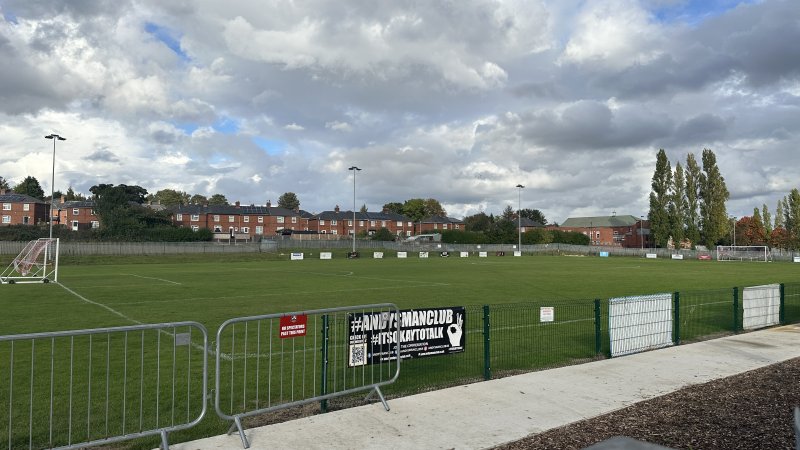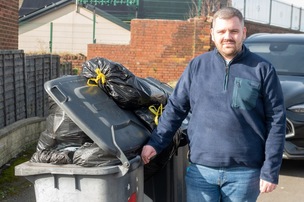ASPIRATIONS to turn Barnsley into a net-zero borough within two decades will ‘likely miss the target’ unless significant changes are made, a report has warned.
Local authority emissions across the UK have dropped 39 per cent since 2005, including a significant fall in 2020 at the height of the Covid-19 pandemic.
However, they saw an eight per cent increase between 2020 and 2021 as the UK came out of lockdown spells and economic activity - including the lifting of work-from-home guidance - picked up.
Figures from the Department for Energy Security and Net Zero show carbon dioxide emissions in Barnsley have dropped 33.2 per cent from a total of 1,542 ktCO2e in 2005 - when data is first available - to 1,030 ktCO2e in 2021.
However, a rise of 7.3 per cent was then recorded - and leaders behind both Zero 40 and Zero 45 schemes locally have warned it is ‘likely’ the targets will be missed.
Zero 40 - which is the council’s own in-house ambition - is followed by the borough-wide Zero 45 goal which includes residents, communities and businesses.
A progress report said: “We want to protect Barnsley for future generations - a key part of this is reducing carbon emissions to help limit the effects of climate change.
“In September 2019 Barnsley’s cabinet declared a climate emergency to bring these issues to everyone’s attention.
“There are significant environmental, financial, reputation, business and community risks associated with our work to ensure the council achieves its ambition to be zero carbon by 2040 and that the borough can be zero carbon by 2045.
“Present delivery performance trajectory means will likely miss the targets without significant changes.
“Climate change poses a huge risk to society, as well as the council.
“Should governments, businesses and the public not succeed in maintaining global warming at a 1.5C temperature rise, then the consequences will be catastrophic for humanity’s survival.
“Present strategic approaches need to be reviewed to redirect performance to meet the required targets’ trajectories.”
Renewable energy, sustainable transport, more electric vehicles, decentralised heating, tree-planting and active travel all form key parts of both schemes, which were launched following to council’s decision to declare a ‘climate emergency’ in September 2019.
The council says its strategy is to reduce pollution levels and bosses are aiming to a achieve a zero carbon borough by 2040 - ten years sooner than the government is aiming for nationally - as air pollution has been cited as the fourth-biggest threat to public health after cancer, heart disease and obesity.
Coun James Higginbottom, cabinet spokesperson for environment and highways, added: “We’re committed to achieving a net zero council by 2040 and net zero borough by 2045 and we recognise that we need further action, working with our key strategic partners, if we are to deliver these ambitious and demanding targets.
“We also need central government to step up to the plate and provide the clarity and financial support that local authorities are crying out for.
“Instead, what we have seen this week from Prime Minister Rishi Sunak is dither and delay, leaving industry and councils in the lurch and putting political self-interest before national interest.
“We need a government that will provide clarity and stability so that we can get on with safeguarding our planet for future generations.”



























